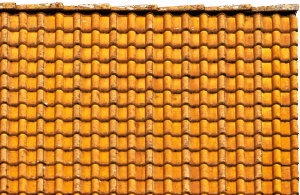Dallas roof decking integrity is critical for structural stability and safety due to diverse weather conditions. Regular inspections and prompt repairs by professionals are essential to prevent severe damage from rot, warping, water seepage, and strong winds. Understanding basic components, materials, installation techniques, and maintenance requirements helps in maintaining roofing systems. Timely addressal of issues like damaged boards, loose nails, or water damage is key to avoiding costly replacements and ensuring the longevity of your roof structure. Seeking professional Dallas roof repair services for complex problems ensures safety, structural stability, and compliance with industry standards and local building codes.
In the ever-changing Dallas climate, proper roof maintenance is paramount. One crucial aspect often overlooked is Dallas roof repair focusing on roof decking—the foundation upon which your entire roofing system rests. This article delves into the essentials of Dallas roof repair, guiding you through understanding basic roof decking, identifying repair needs, and ensuring structural stability for long-lasting durability. Learn the step-by-step process to fix common issues and when to trust professionals for expert Dallas roof repair.
- Understanding Dallas Roof Repair: The Basics of Roof Decking
- Identifying Signs Your Roof Decking Needs Repairs
- The Importance of Structural Stability for Roof Durability
- Step-by-Step Guide to Fixing Common Roof Decking Issues
- Professional vs DIY: When to Call in the Experts for Dallas Roof Repair
Understanding Dallas Roof Repair: The Basics of Roof Decking
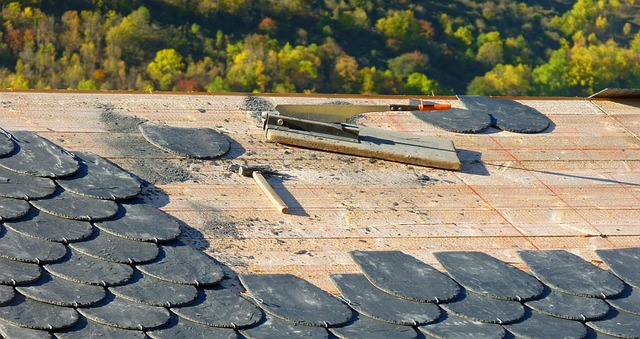
Roof decking forms the critical structure that supports a building’s roof, so its integrity is paramount for ensuring structural stability and safety. In Dallas, where diverse weather conditions can take a toll on roofs, proper understanding and regular maintenance of roof decking are essential. Dallas roof repair professionals often begin by inspecting the decking for signs of damage like rot, warping, or missing boards. Early detection allows for timely repairs, preventing more serious structural issues down the line.
Understanding the basic components and materials used in roofing decks is crucial when considering dallas roof repair. Traditional decking materials range from wood to composite options, each with its advantages and maintenance requirements. Proper installation techniques, including secure fastening and adequate ventilation, contribute to a deck’s longevity. Regular cleaning, sealing, and repairs, as recommended by Dallas roof experts, are vital for maintaining the overall health and performance of a roofing system.
Identifying Signs Your Roof Decking Needs Repairs
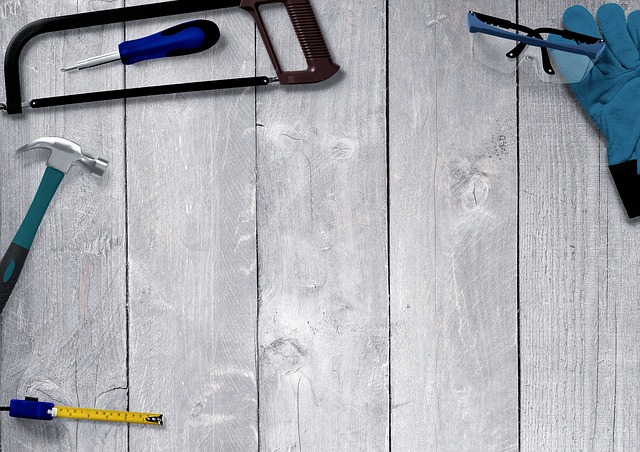
If your Dallas roof decking is showing signs of wear and tear, it’s crucial to address the issue promptly for structural integrity and safety reasons. One of the first indicators that your roof decking requires repairs is visible damage or gaps in the boards. These could be in the form of split, cracked, or broken boards, which not only compromise the aesthetic appeal but also weaken the overall structure. Over time, water can seep through these damaged areas, leading to rot and further structural deterioration.
Another subtle yet significant sign is warping or bowing of the decking boards. This could be an early indication of a larger problem, such as improper installation, excessive moisture, or heavy loads on specific sections of your roof. Regular inspections can help identify these issues early on, preventing more extensive and costly repairs down the line. For Dallas roof repair services, it’s essential to consult professionals who can assess and fix any problems before they escalate.
The Importance of Structural Stability for Roof Durability
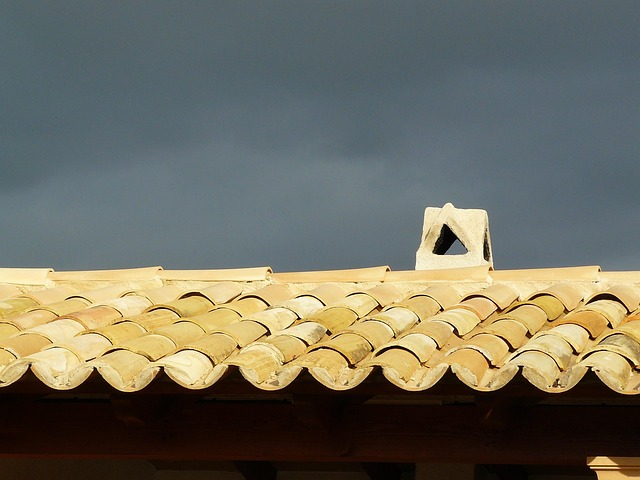
The structural integrity of your roof decking is paramount for both its durability and longevity, especially in harsh weather conditions common to Dallas. A sturdy roof deck acts as a protective barrier against elements like strong winds, heavy rain, and extreme temperatures, which can otherwise cause significant damage. Regular inspections and prompt repairs are crucial to maintaining this stability. Even minor issues like warped boards or loose nails can compromise the entire structure, leading to costly replacements and potential safety hazards.
In Dallas, where roofs often face varying weather patterns, addressing roof decking repairs promptly becomes a vital part of home maintenance. Professional Dallas roof repair services are equipped to assess these problems, ensuring that each repair is done correctly to preserve the overall structural stability and extend the lifespan of your roofing system.
Step-by-Step Guide to Fixing Common Roof Decking Issues
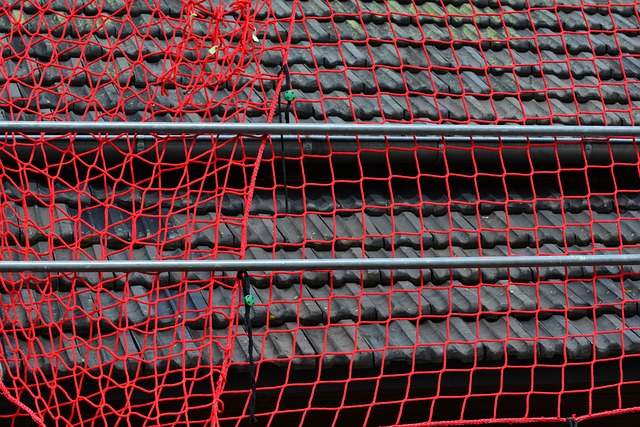
Roof decking repairs are an essential part of maintaining your home’s structural integrity, especially in Dallas where severe weather can be a common occurrence. If you notice any issues with your roof decking, it’s crucial to address them promptly to prevent further damage and costly replacements. Here’s a step-by-step guide to help you fix common problems:
1. Identify the Problem: Start by examining the decking for loose, damaged, or missing boards. Look for signs of rot, mold, or water damage, which often indicate leaks. Common issues include split or warped boards, nails that are bent or protruding, and gaps between boards.
2. Gather Materials and Tools: Collect the necessary materials such as replacement decking boards, nails or screws, a hammer or power drill (with appropriate bits), a level, and safety gear. Ensure you have enough supplies to complete the repair job effectively.
3. Remove Damaged Sections: Carefully take out the damaged or rotten sections of decking. Use a utility knife to cut away the affected material, ensuring a clean edge for new installations. Be cautious when handling sharp objects and wear protective gloves.
4. Clean and Prepare the Surface: Sweep the area to remove any debris and ensure good drainage by clearing nearby gutters. Clean the surface with a pressure washer or a mild detergent solution to eliminate dirt, mold, or algae buildup. Dry the decking thoroughly before proceeding.
5. Install New Decking: Measure and cut new boards to fit the gaps or damaged areas. Secure them in place using nails or screws, ensuring they are level and aligned properly. Use a hammer to drive in nails gently but firmly. For screws, use a power drill with a precision bit for accurate placement.
Professional vs DIY: When to Call in the Experts for Dallas Roof Repair

When it comes to Dallas roof repair, deciding between professional services and DIY approaches is a crucial consideration. While some homeowners might be inclined to take on minor repairs as a do-it-yourself (DIY) project, more complex or structural issues often require the expertise of professionals. The primary reason for this distinction lies in safety and long-term stability. Roof repairs involve working at heights, which poses significant risks if not done correctly. Professionals are trained and equipped to handle these challenges while ensuring their work meets industry standards and local building codes.
For minor leaks or simple fixings, DIY methods can be a viable option for the handyman. However, if you notice signs of structural damage, such as warped decking, loose shingles, or significant water damage, it’s best to call in the experts. A professional roofer in Dallas will have the specialized tools and knowledge to assess and repair these issues correctly, preventing further complications that could lead to costly damage and compromise the integrity of your home’s structure.
In conclusion, addressing roof decking repairs is a crucial aspect of maintaining a stable and durable structure in Dallas. By understanding the basics, recognizing signs of damage, and prioritizing structural stability, homeowners can ensure their roofs serve as protective barriers for years to come. Whether tackling minor issues DIY or enlisting professional help, regular inspections and prompt action are key to avoiding costly repairs down the line, ultimately enhancing the overall value and safety of your Dallas property.
